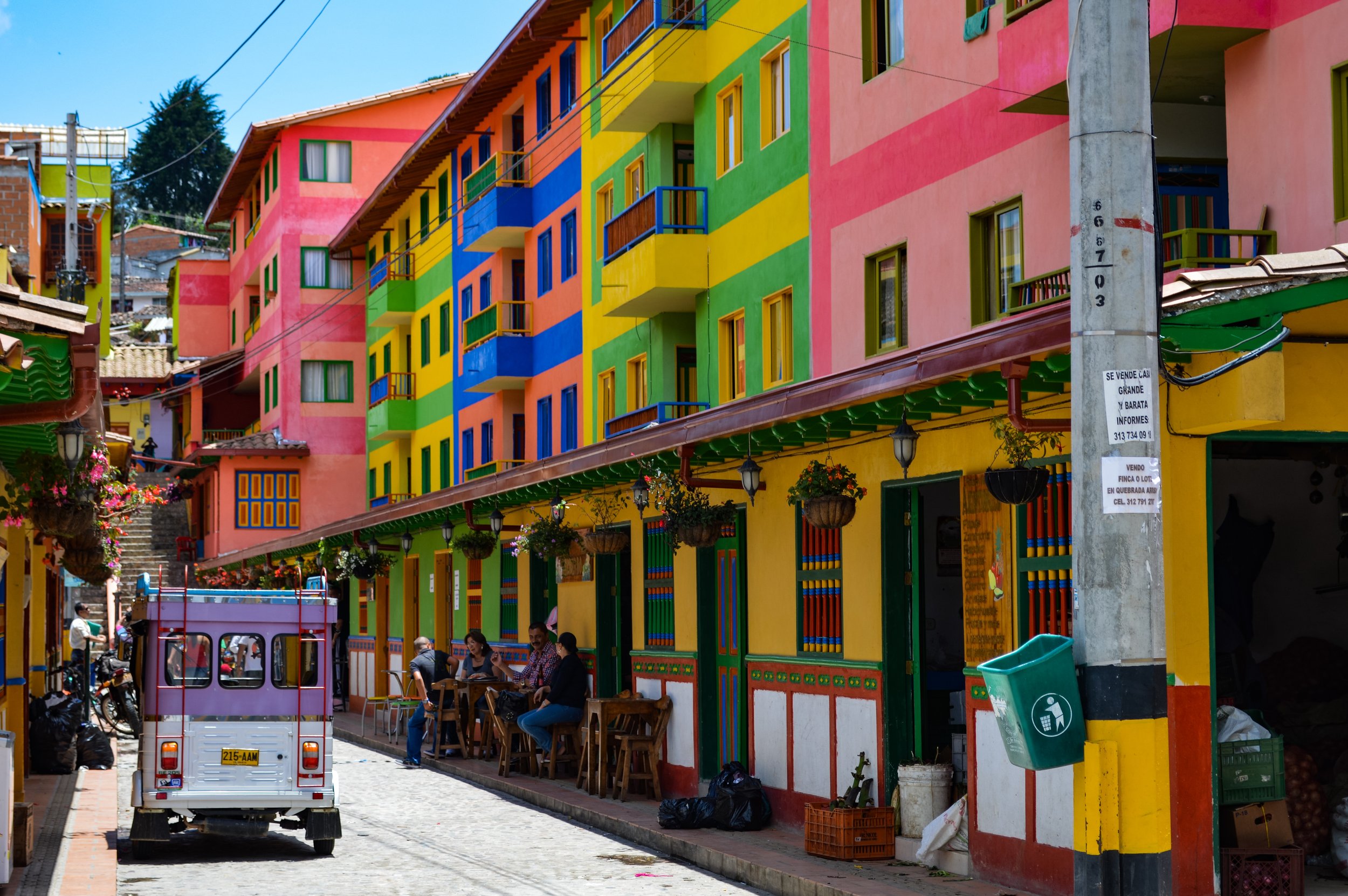
Liz Márquez
2 Poems
Home
After Eloisa Amezcua
noun
1. one's place of residence
as in:
Texas. Where the good ol’ boys love their God almost as much
as they love their guns, or is it
the other way around?
I never can remember.
as in:
Migrants look for a new one on the other side of the Rio Grande and are met with a floating buoy border, anchored to the riverbed, which Joaquin Castro calls “state-sanctioned drowning devices,” and it could not be more accurate. They always meant to end us:
small, little deaths or that slow slipping into slumbering sleep.
I can’t sleep. The image of a little brown girl, clinging to her brown mother, crossing that brown
river, or trying to, are seared into my eyelids.
Two weeks later, I read another headline:
“Migrants not deterred by new Rio Grande floating barriers”.
And I laugh and cry
and laugh and cry.
At Greg Abbott’s 5 Billion Dollar Border Security Plan, at the irony, at the way they have always underestimated our will to survive. As if we weren’t born being pulled by currents, quickly learning how to tread raging waters. As if this knowledge weren’t ancestral.
as in:
Sometimes, I really fucking hate my home state.
2. the social unit formed by a family living together
as in:
You are our home.
You unlock the front door, and the dogs come running
to say hello, their tails excitedly hitting the walls. The sound
distracts him from TMNT on TV, and I hear “¡Paaaapiiii!” all down
the hall on his way to you. Your backpack drops to the floor,
your hands, arms, and shoulders making space for all of him. You listen
as he tells you about Donatello creating Metalhead in this one episode. I mean,
really listen. I think that’s what he loves most about you. I know that’s what I love
most about you. You come into the kitchen, hug me from behind. Give
me a slow, soft kiss on the cheek and I exhale the breath
I had unknowingly been holding in all day.
as in:
We aren’t whole when you aren’t home.
3. a familiar or usual setting : congenial environment
as in:
I still call Mami and Papi’s house “home.”
My sister calls, asks me where I am. “Home,”
I say, Mami yelling, “¿Es tu hermana?”
in the background, over the sizzling kitchen pans
and the Telemundo news anchor speculating
on the reported engagement of Pique and Clara Chía
and what must Shakira be feeling? “¿Hija,
ya comieron?” I say no, even though the answer
is really yes. The reason two-fold: One, I never
say no to Mami’s cooking and, two, it’s not
home without a plate of Mami’s food.
4. a place of origin
as in:
My mother’s womb, stretching and growing me. I wonder
what dreams she had for me, which of her prayers vibrated
from her throat through the amniotic fluid into my still-forming
ears. The way she loved someone she had not yet met, who
would wreck her life as she knew it. And how she would do it
again and
again and
again and
again, without hesitation.
5. an establishment providing residence and care for people with special needs
as in:
Abuelita Elena’s nursing home, that smells of fresh bleach and old piss. The walk to her room always wrecks me with secondhand guilt for the elderly, the ones forgotten by time, family, and the nurses on duty. I almost wish I could forget her. I’ve always chased ghosts, wispy fading things that don’t know how to let themselves be held. I’ve never stopped reaching either way. How I reach even now for her cold, translucent hand, still searching for a warmth I’ve never known at her fingertips. She mutters nonsense and I listen anyway, forgiving her and believing the lie.
verb
to return accurately to one's native area of place of birth or origin from a distance : to return home
as in:
Coming home to Ecuador after the eternity of a decade.
And Tía Sandra’s embrace is like coming home,
her “mamita” leading me to still waters, refreshing
a deep thirst I didn’t know was stuck in my throat.
And the way Tío Guto tells the story of how
I came to call myself “Ebiyao” because I could not say
“Elizabeth Ayala,” that too is home. I’ve never felt more
fully known. And the three helados de coco we had
that one day from guayaquileño street vendors, that felt
like home too. And the sharp, new pain every time I look up
to Tía Flor’s balcony expectantly and the reminder of loss
becomes fresh once again,
that aches
of home too.
ñañitos
when the brown boys play fútbol, they are weightless. untethered
and unthreatened, the sweat runs free from brow
to chin—a proclamation. this unpolished bit of Earth
now their arena, and the reminder rests beneath
each fingernail. the grass grows tall here. a corner kick
is made from imaginary sidelines, borders that have never existed
in their world anyway. they run—laughing between short breaths, cussing
at one another out of cariño and coraje. the sound, it rises
from the deep wells of diaphragms. this
is inherited memory: one falls and their secret is kept
in grass-stained knees and dirt-smudged palms, in hands
that uplift and reawaken: ñañito, we do this together.
Bio
Liz Márquez (she/her) is an Ecuadorian American bilingual educator and writer based in Houston, Texas. As a daughter of immigrants and first-generation college graduate, she writes to pursue healing both for herself and the Latine community. She often uses writing as a means of exploring faith and spirituality through a decolonized and mujerista lens. Her poems and other writings have appeared in Latin@ Literatures, Mixed Mag, Mujeristas Collective, Muchacha Fanzine, and more. She is a 2023 VONA fellow and a 2021 La Raíz Poetry Prize recipient. To follow her work, visit www.lizmarquez.com.
Social media handle: Instagram and Threads @lizmarquezpoet
